You are here 


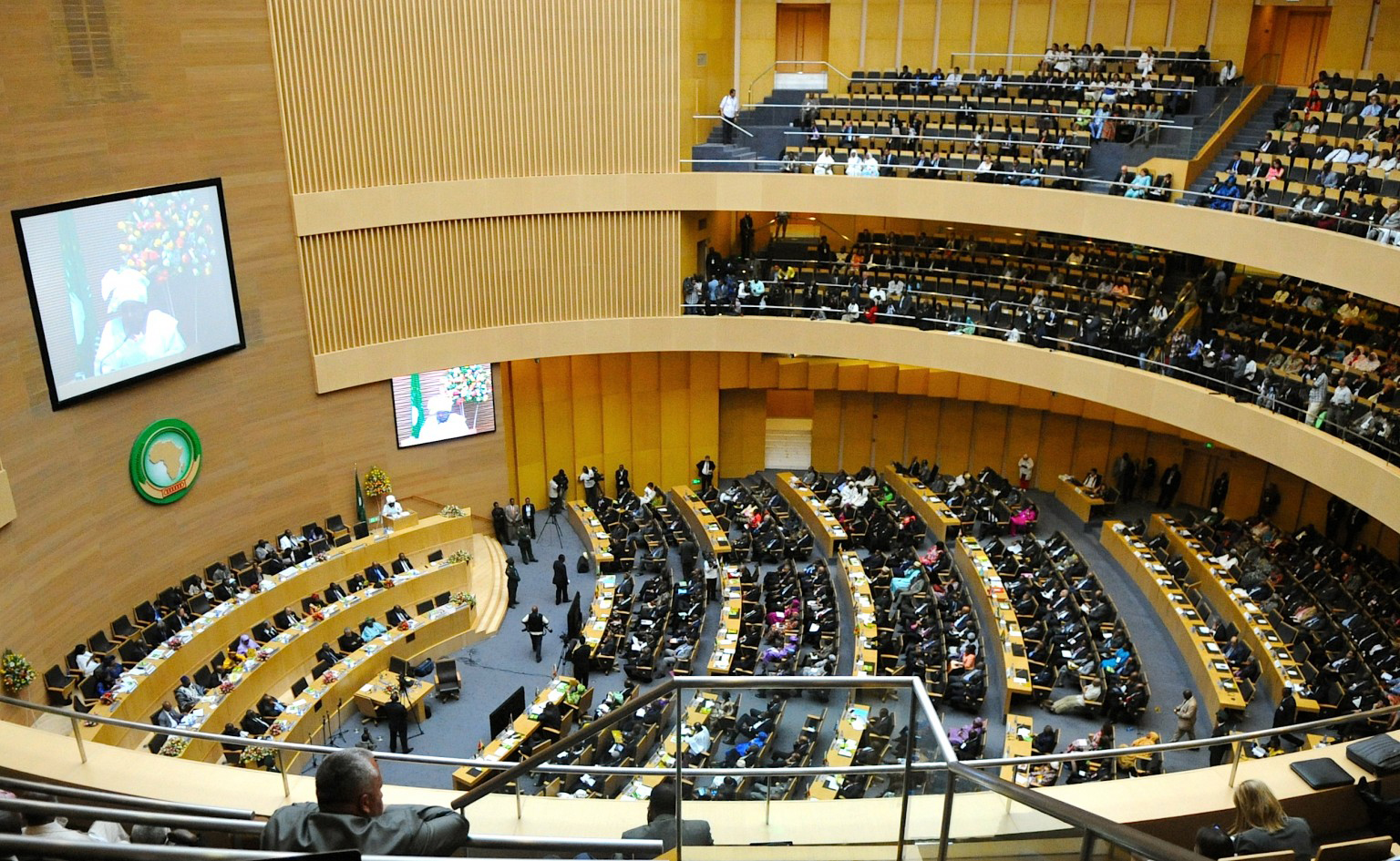
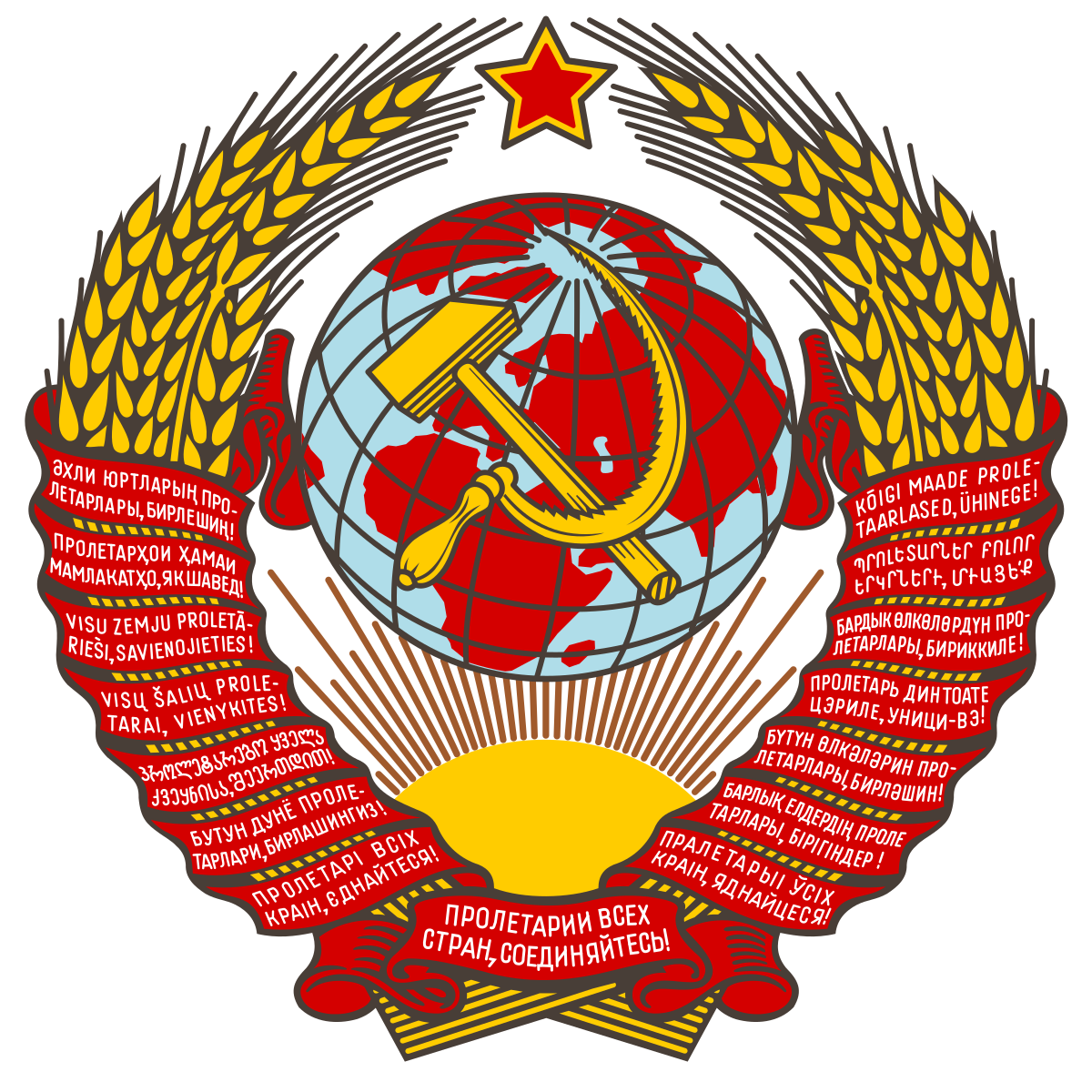

![]()
![]()
![]()
![]()
![]()
![]()
![]()
![]()
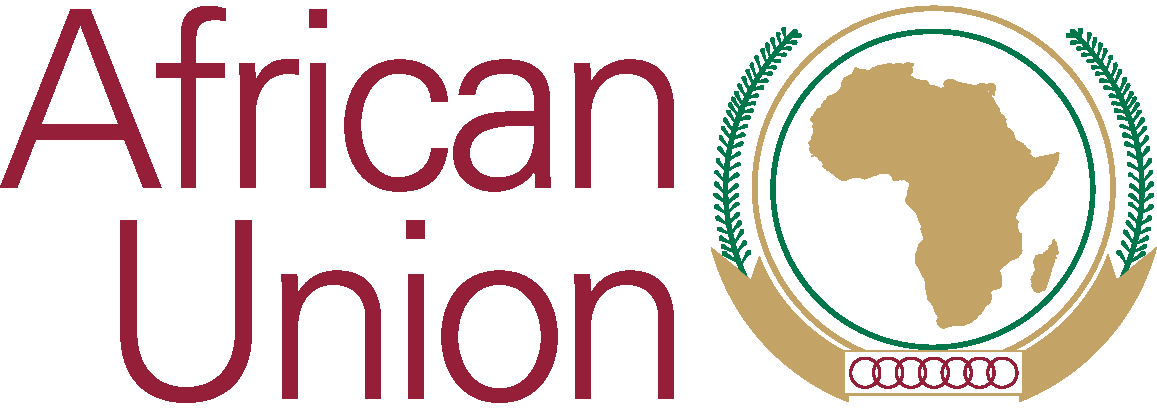 Strategically, the African Union (AU) has engineered a profound platform by which several continental and global ambitions are prescribed for mankind and shaped with the early days of humanity. Diligently, the AU has taken major steps to establish appropriate agendas in foreign affairs, economic integration and international peace for the endurance of society. Distinctly, the AU has designated Regional Economic Communities (RECs) as social pillars on the continent which reinforces the framework for CyberWorld Systems. Meanwhile, global integration for the Agenda 2063 master plan invigors vitality within the RECs. Importantly, the RECs often extend opportunities in the AU to various international organizations which establishes and expands economic, social and political ties within the continent.
Strategically, the African Union (AU) has engineered a profound platform by which several continental and global ambitions are prescribed for mankind and shaped with the early days of humanity. Diligently, the AU has taken major steps to establish appropriate agendas in foreign affairs, economic integration and international peace for the endurance of society. Distinctly, the AU has designated Regional Economic Communities (RECs) as social pillars on the continent which reinforces the framework for CyberWorld Systems. Meanwhile, global integration for the Agenda 2063 master plan invigors vitality within the RECs. Importantly, the RECs often extend opportunities in the AU to various international organizations which establishes and expands economic, social and political ties within the continent.
Generously, Cyberworld is established on the principle of subsidiarity towards municipal corporations and public initiatives aligned to the Agenda 2063 master plan. Ardently, the Cyberworld system embodies sustainable development, builds human capital and mobilizes corporate finance. Frankly, the principle of subsidiarity organizes the call for sustaining every resource necessary to fulfill the needs of future generations for life on Earth. Actively, the principle of subsidiarity envisions a desirable future state for society in which living conditions and resource-use easily meets demand needs without undermining the "integrity, stability and beauty" of vital environmental systems. Therefore, the role of the Agenda 2063 plan is fully integrated into the development of Cyberworld which includes quantum computer infrastructure which is used to model various forecasts.
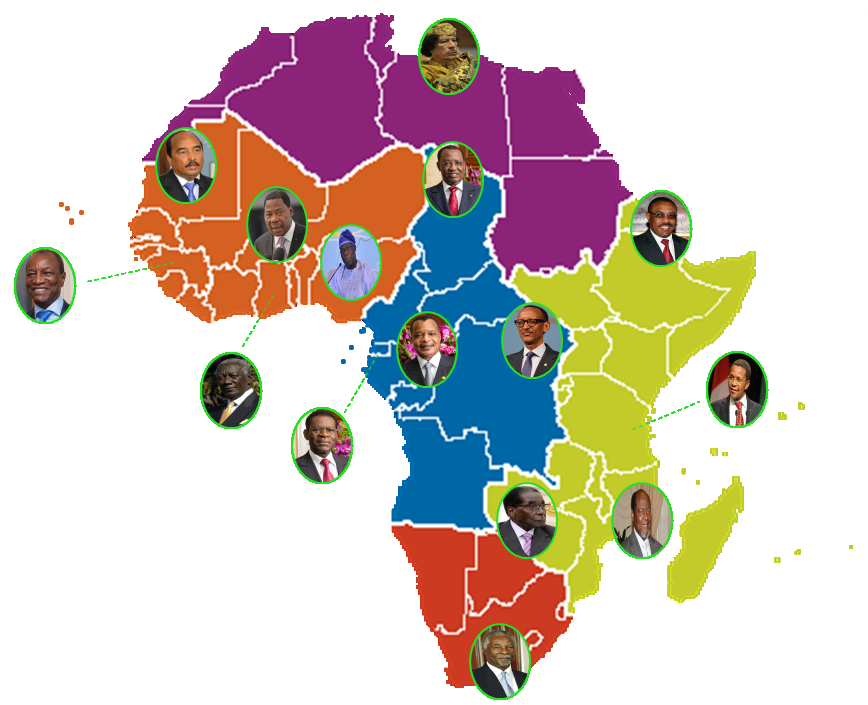
|
Northern Region |
|
Eastern Region |
|
Southern Region |
|
Central Region |
|
Western Region |
![]()
![]()
![]()
![]()
![]()
![]()
![]()
![]()
Resolutely, the Department of Infrastructure and Energy (DIE) within the AU is extending prosperous opportunities to future generations as improved quality of life and social well-being become a mainstay. Principally, the DIE is devoted to the development of mass transit, mass communication and energy systems as demand in quantum computer systems with bio-age infrastructure reshapes the future. Economically, mass transit is vital to growth in Africa as the integration of high-speed rails, aviation and maritime engineering systems generate expansive opportunities for municipal cooperation. Furthermore, improvement of road safety conditions and standards support additional growth in tourism for both urban and rural regions adjoining the AU through implementation of the Agenda 2063 master plan. Progressively, the DIE is advancing from energy development strategies and initiatives which ensure the AU maintains long-term environmental sustainability.
Intensively, the DIE has devoted various resources toward increasing energy access in Africa which enables the Energy Division to advocate for several macro-economic projects and initiatives such as: the Africa Renewable Energy Initiative, the Sustainable Energy for All Initiative (SE4ALL), and the Grand Inga Hydropower project among others. Regionally, the DIE has developed the Regional Geothermal Programme which determine risks from energy production while mitigating the implementation of the Agenda 2063 master plan. Tremendously, the DIE furnishes the ground support networks for the Cyberworld system through integrating mass communication technology and information security systems and establishing the dot Africa (.Africa) top-level domain. Accordingly, the dot Africa infrastructure aims to build and unify the African Internet Exchange System (AXIS) which expands the potential for international growth in the AU.
Readily, implementation of the AXIS network invigorates environmental planning in the Northern REC through cooperation with reforestation initiatives including large-scale development projects such as: the Great Green Wall for the Sahara and Sahel Initiative (GGWSSI) and the Great Basin Desert Initiative Project (GBDIP). Centrally, expansion with the AXIS network initiates a campaign to eradicate poverty and famine on the continent of Africa. Tenaciously, the AU's Department of Rural Economy and Agriculture is developing access to the AXIS network to ensure rural development in agriculture. Globally, the development of the AXIS network unify efforts to expand economic, social and cultural potential in the AU through steadfast public awareness of new opportunities blooming in the RECs. Intuitively, the AU is reviewing a common currency exchange market for Africa in order to stabilize growth and increase GDP productivity.
Methodically, the Pan-African Parliament ensures that the platform for economic development in Africa remains an asset to the AU which expects full participation from each nation. Similarly, the Pan-African Parliment (PAP) has launched several programs to mainstream cyber-security while expanding infrastructure for security networking for enhanced global cooperation with the AU. Intrinsically, the PAP is organized with five parliament members per Member State which includes a minimum of one woman selected among members from the state. Traditionally, parliament members of the PAP serve a term allied to their respective national parliament duties to generate a greater impact while achieving the Agenda 2063 plan. Promptly, the PAP facilitates and implement policies of the AU with the following permanent committees:
Politically, the PAP is reshaping regional transformation from the Pan-African E-Network which aims to expand international ties while elevating relations through the greater e-Society for the AU. Fundamentally, the e-Society for the AU is specialized in delivering services to the AXIS network while expanding the dot (.)Africa domain. Steadily, the PAP is engineering greater achievement from the progress with flagship projects of the Agenda 2063 plan. Expansively, the PAP regulates for justice while accelerating opportunities for academic institutions to invigorate the future paths of African youth and teachers. Markedly, the AU has united efforts with the African Export-Import Bank to boost international and intra-Africa trade as the PAP generates greater potential for the continent.
|
⮱ LAST Network Homepage
|
 |
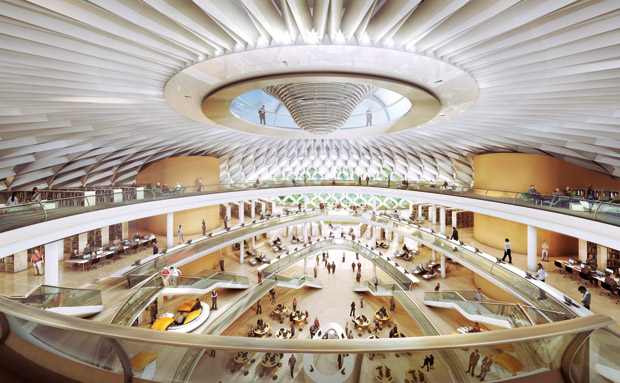 1st Quarter |
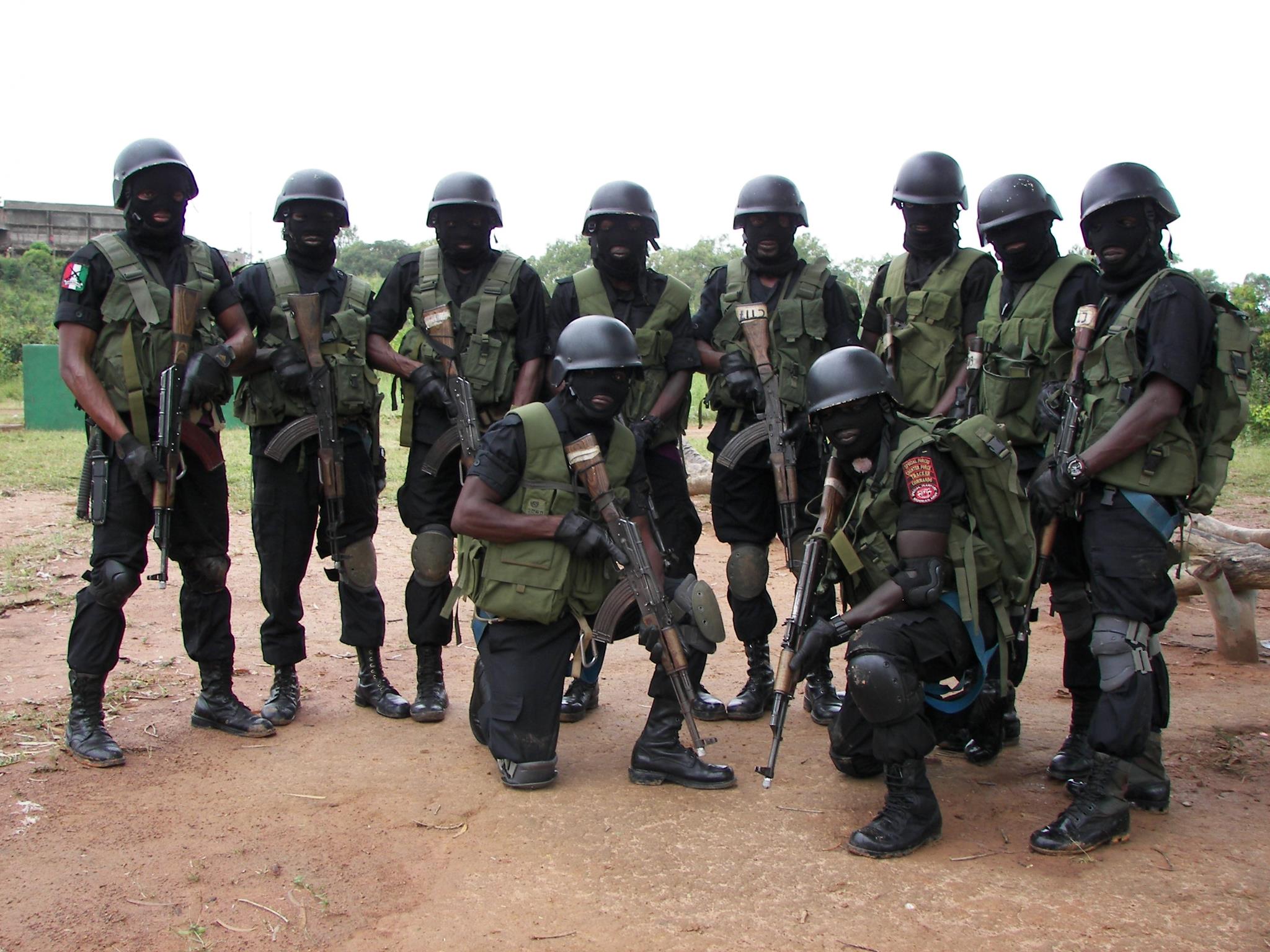 2nd Quarter |
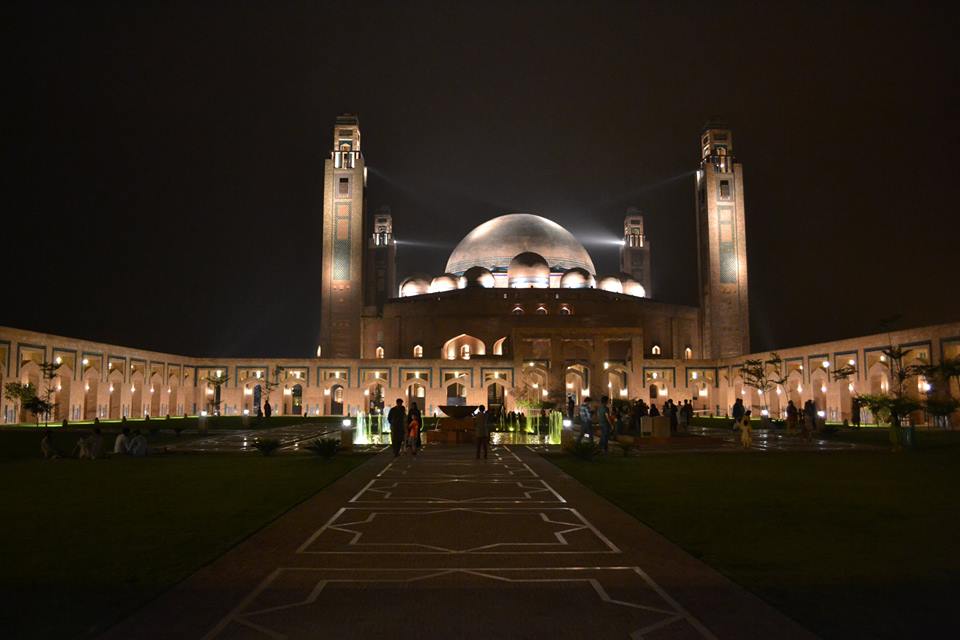 3rd Quarter |
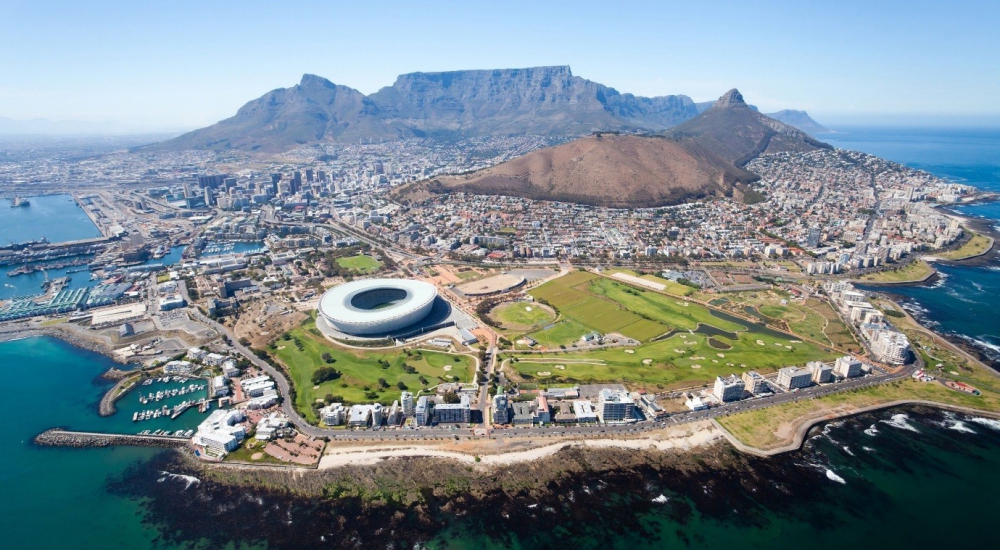 4th Quarter |
 |